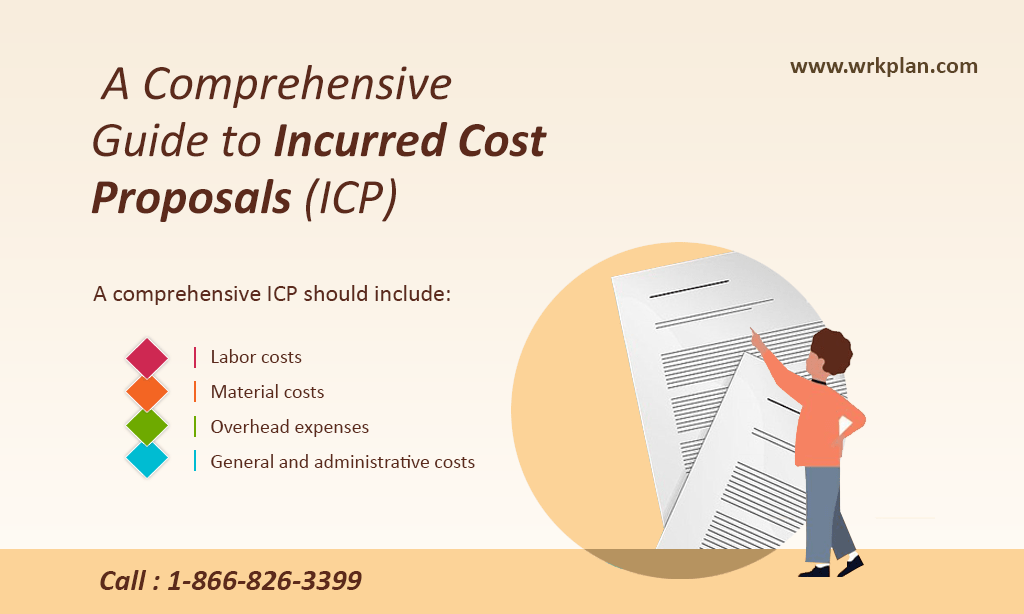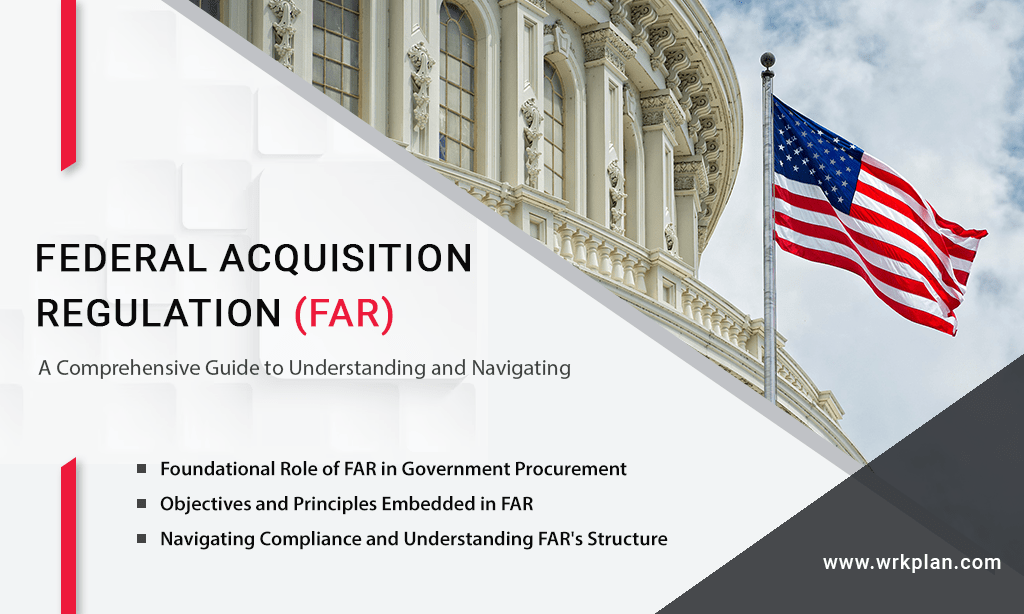Public enterprises, also known as state-owned enterprises (SOEs), are entities that are owned and operated by the government. These entities play a critical role in many economies, providing essential goods and services such as healthcare, education, transportation, and utilities. However, managing public enterprises can be challenging, and there are several critical challenges that these entities face.
One of the main challenges faced by public enterprises is political interference. As these enterprises are owned and operated by the government, they are often subject to political pressures and decisions that may not be in line with the best interests of the enterprise or its stakeholders. This can lead to inefficient operations, mismanagement, and financial instability.
Another challenge faced by public enterprises is the lack of market discipline. Unlike private enterprises, public enterprises do not face the same competitive pressures to operate efficiently and effectively. As a result, these enterprises may be less focused on profitability and cost-cutting, which can lead to wasteful spending and inefficiencies.
A third challenge is the difficulty in attracting and retaining skilled personnel. Public enterprises may face challenges in attracting and retaining highly qualified and experienced professionals due to lower salaries and less attractive benefits packages compared to private sector counterparts. This can lead to a lack of talent and expertise within the organization, which can hinder its ability to operate efficiently and effectively.
To address these challenges, government policies, organizational structure, and management practices play a critical role.
Government policies can provide a framework for public enterprises to operate within, including regulations and guidelines that promote transparency, accountability, and good governance. Policies can also address political interference by establishing independent oversight bodies that can monitor the operations of public enterprises and hold them accountable for their performance.
Organizational structure is also critical in managing public enterprises. A clear organizational structure, with well-defined roles and responsibilities, can help to minimize political interference and ensure that the enterprise operates in a transparent and accountable manner. Additionally, a strong board of directors and management team can provide leadership and guidance to the enterprise, and can help to attract and retain skilled personnel.
Management practices are also important in addressing the challenges faced by public enterprises. These practices should prioritize efficiency, effectiveness, and accountability, and should promote a culture of continuous improvement. For example, implementing performance-based management practices can help to incentivize employees and managers to operate efficiently and effectively, while also providing transparency and accountability to stakeholders.
In summary, public enterprises face several critical challenges in managing their operations, including political interference, lack of market discipline, and difficulty in attracting and retaining skilled personnel. To address these challenges, government policies, organizational structure, and management practices play a critical role in promoting transparency, accountability, and good governance, and ensuring that public enterprises operate efficiently and effectively.
Schedule a Demo
https://wrkplan.com/schedule-a-demo/













